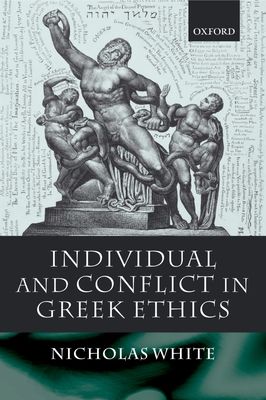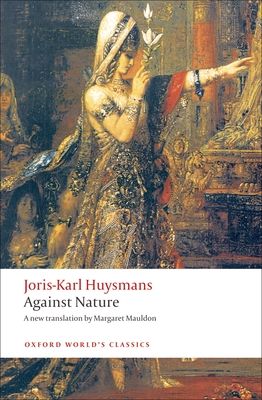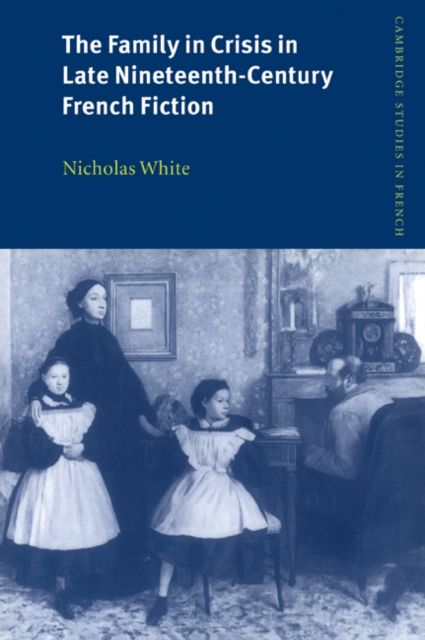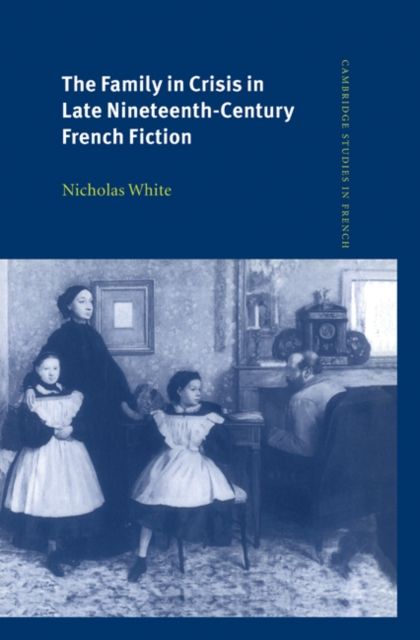

Leveringstid: 2-4 uker
Handlinger
Beskrivelse
Omtale
Nicholas White opposes the long-standard view that ancient Greek ethics is fundamentally different from modern ethical views, especially those prevalent since Kant. Since the eighteenth century, and indeed since before Hegel, moral philosophers wishing to oppose the dualism of rationality-cum-morality vs. inclination, especially as it is manifested in Kant, have looked to Greek thought for an alternative conception of ethical norms and the good life. As a result, Greek ethics, particularly in the so-called Classical period of the fourth century BCE, has for more than two centuries been standardly thought to be fundamentally eudaimonist, and to have the character of what is nowadays normally called the ethics of virtue.White argues that although this picture of Greek ethics is not without an element of truth, it nevertheless seriously distorts the facts. In the first place, Greek thought is far more variegated than the picture suggests. Secondly, it contains many elements -- even in the Classical thinkers Plato and Aristotle -- that are not eudaimonist and also not suitable for an ethics of virtue. Greek thinkers were not as a group convinced of the possibility of a harmony of one's happiness with full regard for the happiness of others and with conformity to ethical norms. On the contrary, Greek thinkers were well aware of,and took seriously, the idea that ethical norms can possess a force that does not derive from conduciveness to one's own happiness. Indeed, even Plato and Aristotle took it that under certain circumstances there can even be a clash between ethical standards and one's own well-being. The project of completely eliminating the possibility of such a clash came to full development not in the Classical period but rather in the ethics of the Stoics in the third century. Individual and Conflict in Greek Ethics argues that throughout Greek thought the concept of ethics as a source of obligations and imperatives can, in unfavorable circumstances, run counter to one's own happiness. In this sense Greek ethics has a shape similar to that of modern Kantian and post-Kantian thinking, and should not be seen as opposed to it.
Detaljer
-
Utgivelsesdato:
02.12.2004
-
ISBN:
9780199275427
-
Språk:
, Engelsk
-
Forlag:
Oxford University Press
-
Fagtema:
Filosofi og religion
-
Litteraturtype:
-
Sider:
388
-
Høyde:
23.2 cm
-
Bredde:
15.9 cm





